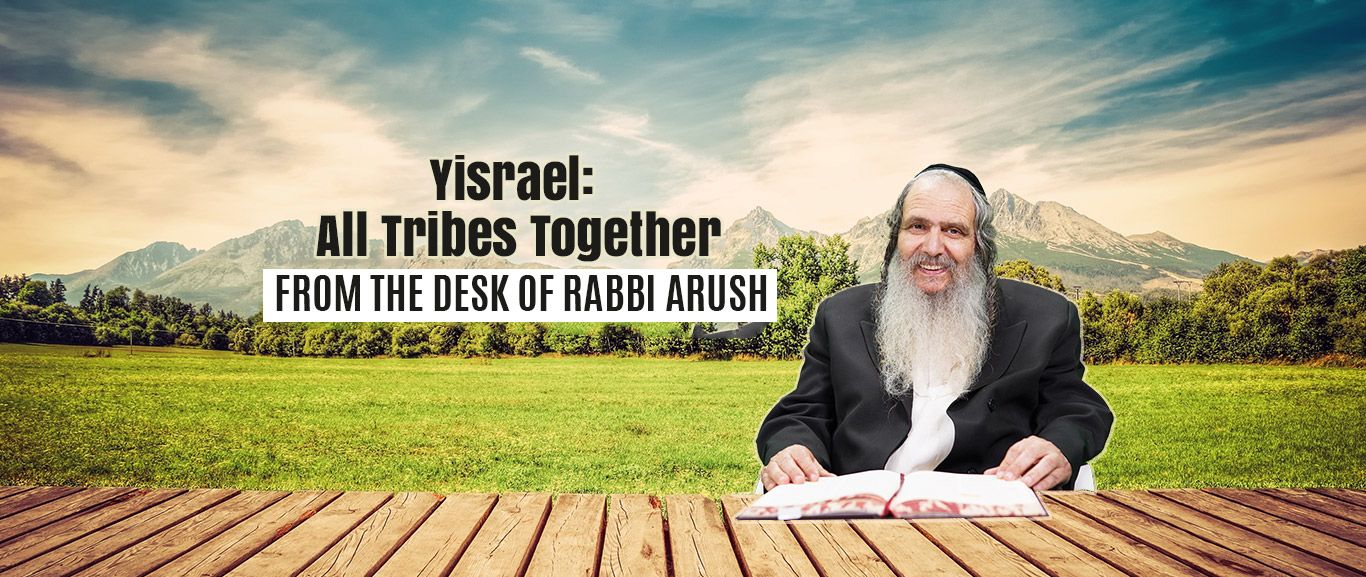
Yisrael: All Tribes Together
The clear knowledge that Hashem loves me is not only the basis for all emuna, mental health, self-confidence, and believing in oneself. The emuna that Hashem loves me is also the basis for true ahavat Yisrael.

We Rose Up and Were Encouraged
Education experts emphasize the importance of encouragement as a central tool in educating. A father might think that he is “educating” his child by criticizing him one way or another; he might even see it as “constructive” criticism. But this generation’s educators say repeatedly that what really causes a child to grow is not criticism, but encouragement.
In Hebrew, encouragement is “iddud”, coming from “od” – more. When you encourage a child, you make him want more good and to do more good.
But, the experts say, the encouragement should be real! You can’t give empty compliments that are divorced from reality. If the child feels that you are saying things about him that are not true – he won’t accept the encouragement. And therefore, educators should look for and find the good in the child, and “prove” to him that he is good. They should aim the spotlight on every small act of his, on his wishes, and find the way to his heart.
We too, when we say to a Jewish neshama (soul) that “Hashem yitbarach loves you and you will have only good”, while the message is pleasant and necessary and true, it cannot be accepted wholeheartedly by the person without an answer to the question: “Why? What do I have in me? Why does Hashem love me?”
And so, after the song “Hashem yitbarach always loves me and I will have only good” has achieved world renown, I have added another sentence to it, a very necessary one, to complete the message, so that every Jew will understand what Hashem loves in him, and why Hashem loves him.
Every Jew is Holy of Holies
“Complete emuna (faith)” means to believe in Hashem – believe that He is a good father. But that means, as well, to believe in yourself – that you are good, and to believe in Hashem Who knows you are good. Those are the two main messages in the booklet True Happiness that saves people’s lives, literally, every day. and together, these two messages constitute complete emuna.
The song “od yoter tov”, the song of emuna, is spreading throughout the Jewish world because it is a heart-piercing message, because Jewish souls wish to hear how beloved and dear and important they are. But for the encouragement to be true and complete, one must understand the greatness of a Jewish neshama; one must understand how Hashem yitbarach views a Jew, and what He sees in every Jew.
Here is what Rabbi Tzadok Hacohen of Lublin, in his book, Tzidkat Hatzaddik, says about this: “Just like a person has to believe in Hashem yitbarach, so too after that he has to believe in himself.” And the belief that Hashem loves you means that you are good and that you have special qualities, because “Hashem loves tzaddikim.”
That is why Rabbi Nachman emphasizes the greatness of a Jew repeatedly, in many places: “Each and every one of Yisrael has the aspect of a ‘tzaddik rules’… for in every Jew there is a valuable thing, a nekuda (point), that does not exist in his fellow.”1 Rabbi Nachman also writes how much the good and holy desire of the Jew is great and endless, and he calls it “the light emanating from the flames in the Jew’s heart”, and says, “the light of his flame is endless and there is no end to his desire.”2
Following this, I have added another part to the song: “Hashem yitbarach knows that I am good and always want to do only good, and want to do more more good, and more good, and always want to do and to be only good!”
Every Jew Is Like the Greatest of Tzaddikim
This week’s parasha tells the story of Yaakov and his sons, described as a mita sheleima (literally – “complete bed”, meaning that all of Yaakov’s descendants remained within the fold, as opposed to Avraham and Yitzchak, who bore some children who did not remain) – the twelve Tribes of Yisrael – the sheleimut (perfection) and klalut (entirety) of Jewish souls. All of them were supreme tzaddikim, of whom the midrash says: “The Tribes’ names are dearer to me than the anointing oil used to anoint Cohanim and kings.”3
They [Yaakov and his family] run away from Lavan Ha’arami and descend from the Gilad. The midrash says about the passuk in Shir Hashirim, “Your hair is like a flock of goats streaming down from Gilad4: “The emptiest of you (people with the least merits) are dear to me like Yaakov and his sons who streamed down from the mountain of Gilad.”
The simplest and smallest Jew – the one who looks like the emptiest one – is not at all simple; he is a rare diamond, and he is loved by Hashem yitbarach just like Yaakov Avinu and his holy sons.
This is a direct continuation of what we wrote last week – that only a specialist in neshamas understands what a Jew is and how valuable he is. We also brought in the name of Rabbi Yoram Abergel, may his memory protect us, that Hashem loves every Jew just as much as He loves the holy forefathers; and He loves the criminal Jews just as much as He loves Rabbi Shimon bar Yochai!
Hashem loves every Jew, even if he is poor and destitute materially or spiritually, to the same degree that He loves the greatest of tzaddikim. And this is brought explicitly in other midrashim:
“’Your head (rosheich) rising from you like the Carmel’ – the poorest of you (rashim) are as dear to me as Eliyahu who ascended Mount Carmel.” “’And its curls (dalat) shine like purple’ – the poorest and the most destitute (dalim) are as dear to me as David Melech Yisrael, for it says that the ‘one who fails in them (=in performing mitzvahs) on that day will be like David.’” “’And its curls shine like purple’ – the poorest in Yisrael will be equal to Daniel, for it says, ‘They dressed Daniel in purple.’” 5
Hashem loves you like he loves Yaakov and his sons, like he loves David Hamelech, like Eliyahu Hanavi, like Daniel.
Yes, you! Just as you are!
You might ask, How can that be? There is no comparison between me and King David; there is no comparison between me and Eliyahu the Prophet!
True, in terms of deeds you are not the same. But the tzaddikim reveal to us that in terms of our pnimiyut and our unique quality we are exactly the same: We are all dear to Hashem because all of us contain boundless light, as Rabbeinu says in different words: “The G-dliness in the heart of a Jew is the aspect of Ein-Sof (infinite)”. 2
Ahavat Yisrael (Loving Your Fellow Jew), With Emuna
Therefore, knowing that Hashem loves me is the foundation of ahavat Yisrael. Because if Hashem loves and appreciates every Jew so much, that means that there is endless good in every Jew. And if my friend or my neighbor is so dear to Hashem, I too should relate to him accordingly.
And if I don’t see the good in him – it is because I am lacking something, causing me not to know and see the pnimiyut of his heart and his intent. But I know and believe that Hashem loves every Jew, and He sees in him some eternal value, a rare diamond. And so, I too must believe that he has some eternal value, and love him for this eternal value, and I also must search with all my might for the good in him, for the light in him.
According to this one can understand the mitzvah of judging one’s fellow Jew fairly. We were commanded to judge every Jew favorably, and that is the foundation of Azamra, Rabbi Nachman’s teaching6 in which he said one should look for and find good points in every Jew – including oneself!
And so says Rabbeinu: “One must make an effort to search for any favorable aspect and good thing that can be found in a Jew, and judge everything favorably, because they are the crown of Hashem yitbarach”, and in Teaching 282 he writes: “one must judge all people favorably, and even someone who is a complete rasha (evil person) – one must search and find in him some bit of good, for in that little bit he is not a rasha, and by finding a bit of good in him and judging him favorably, one is elevating him truly, giving him merit, and one will be able to bring him to teshuva.”6
And later on, he writes: “And a person has to find [the good] in himself, as well” (even if he considers himself to be a rasha gamur – a completely evil person).
That is the way of Hashem yitbarach, says Rabbi Nachman: “The way of Hashem yitbarach is to look at all the good things people are doing, and even though they contain something that is not good as well, He doesn’t look at that. As it says, ‘He has glimpsed no wrong in Yaakov.’ And, of course, it is forbidden to search for faults in his fellow – to find particularly what is not good and to search for faults in his fellow’s service of Hashem. No – he is obligated to look only at the good.”7
So, we find that the clear knowledge that Hashem yitbarach loves me, is not only the basis for all emuna, and not only the basis for mental health, self-confidence and believing in oneself, but rather the emuna that Hashem yitbarach loves me is also the basis for true ahavat Yisrael. May Hashem give us the ability to indeed love our fellow Jews!
1 Likutei Moharan 34:4
2 Kitzur Likutei Moharan 49:1
3 Midrash Raba, Megillat Kohelet, Parshah 7
4 Shir Hashirim (Song of Songs) 4:1
5 Midrashim on Shir Hashirim 7:6
6 Likutei Moharan 282. See also:
- Breslev Store booklet “Azamra!” and “Ayeh?”
- Two videos: Azamra! By Rabbi Goldstein and Azamra: Turning Self-Hate into Self-Love by Gedale Fenster
7 Likutei Moharan II, 17:3


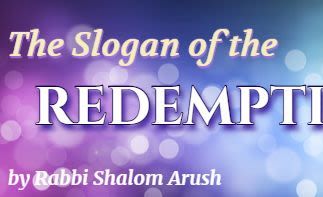
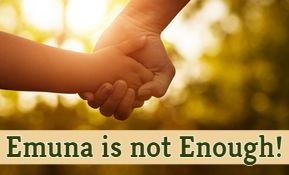
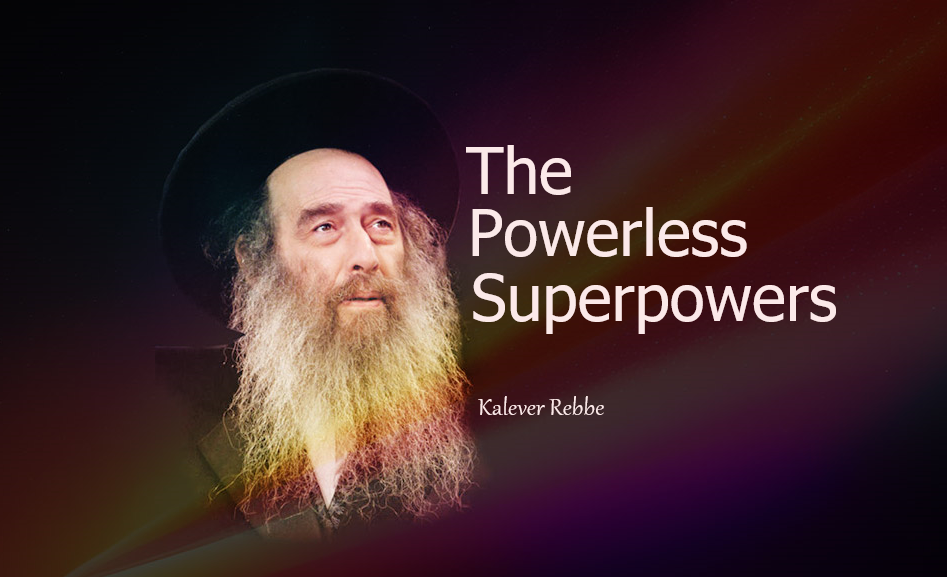
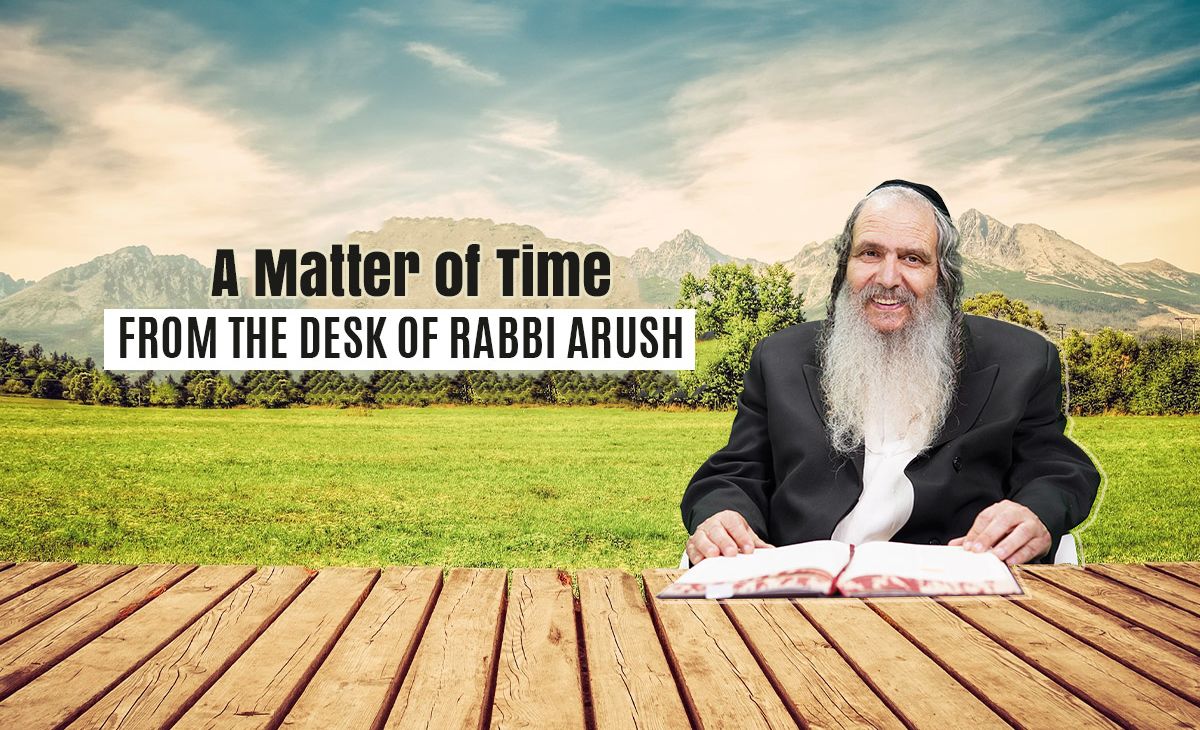

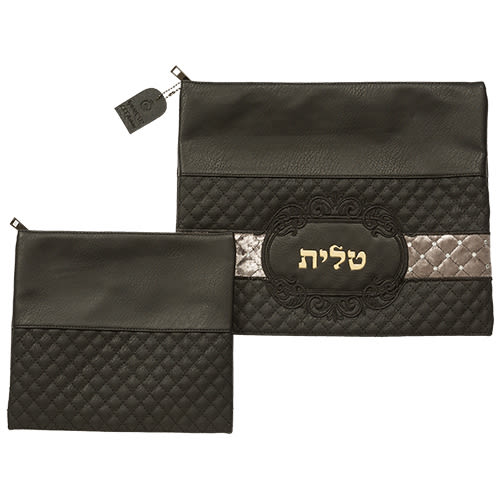
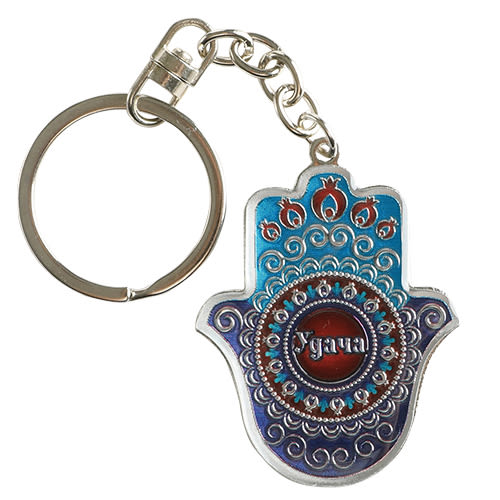


Tell us what you think!
Thank you for your comment!
It will be published after approval by the Editor.